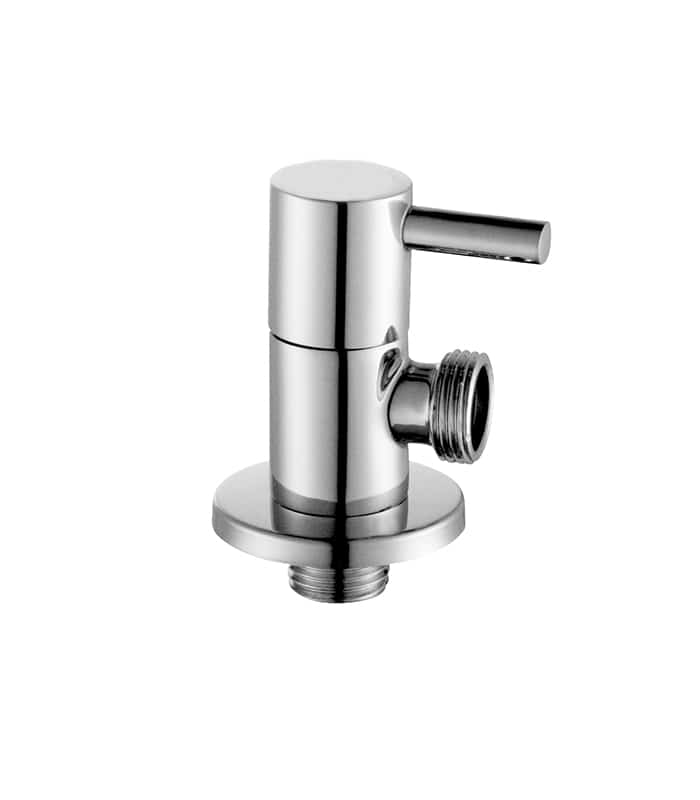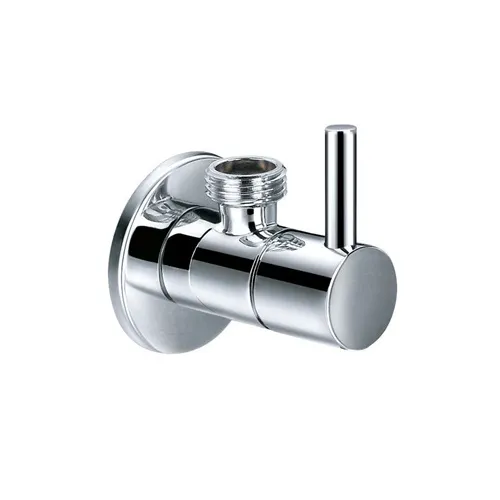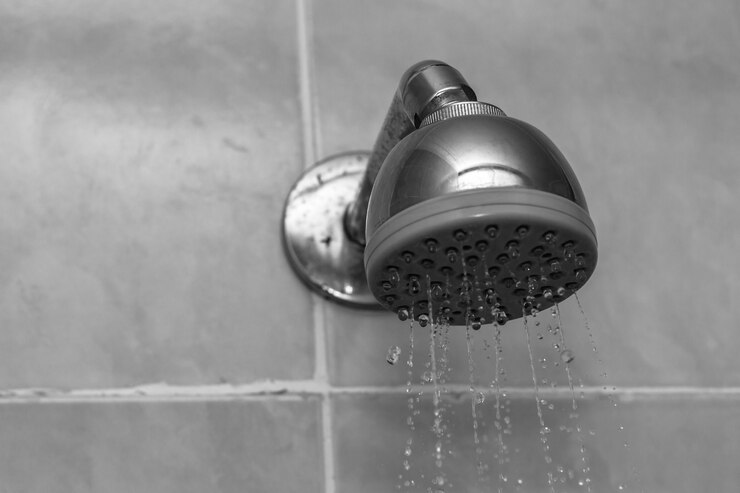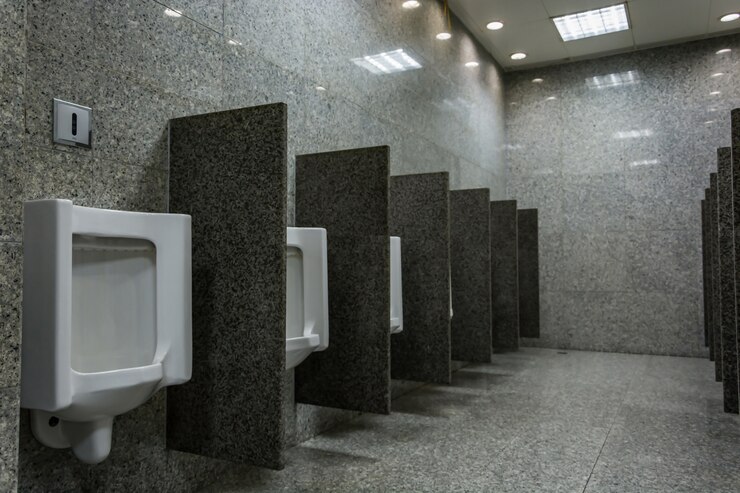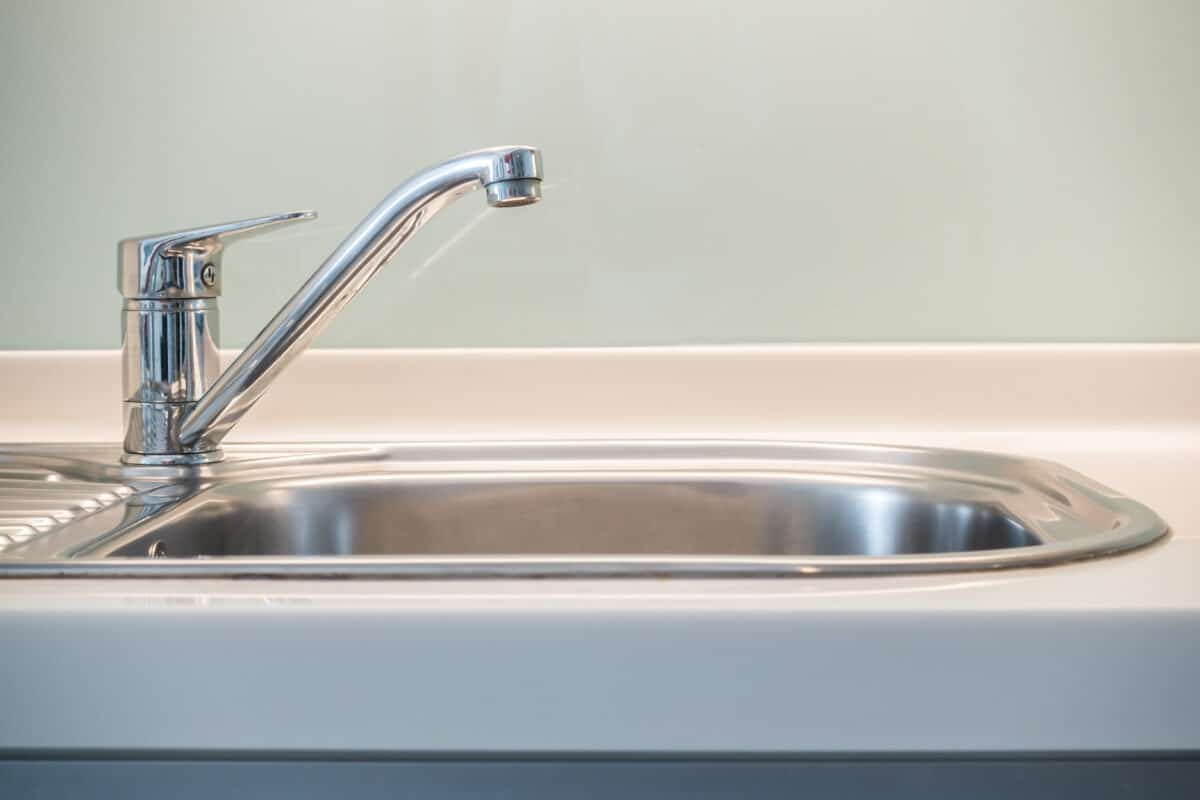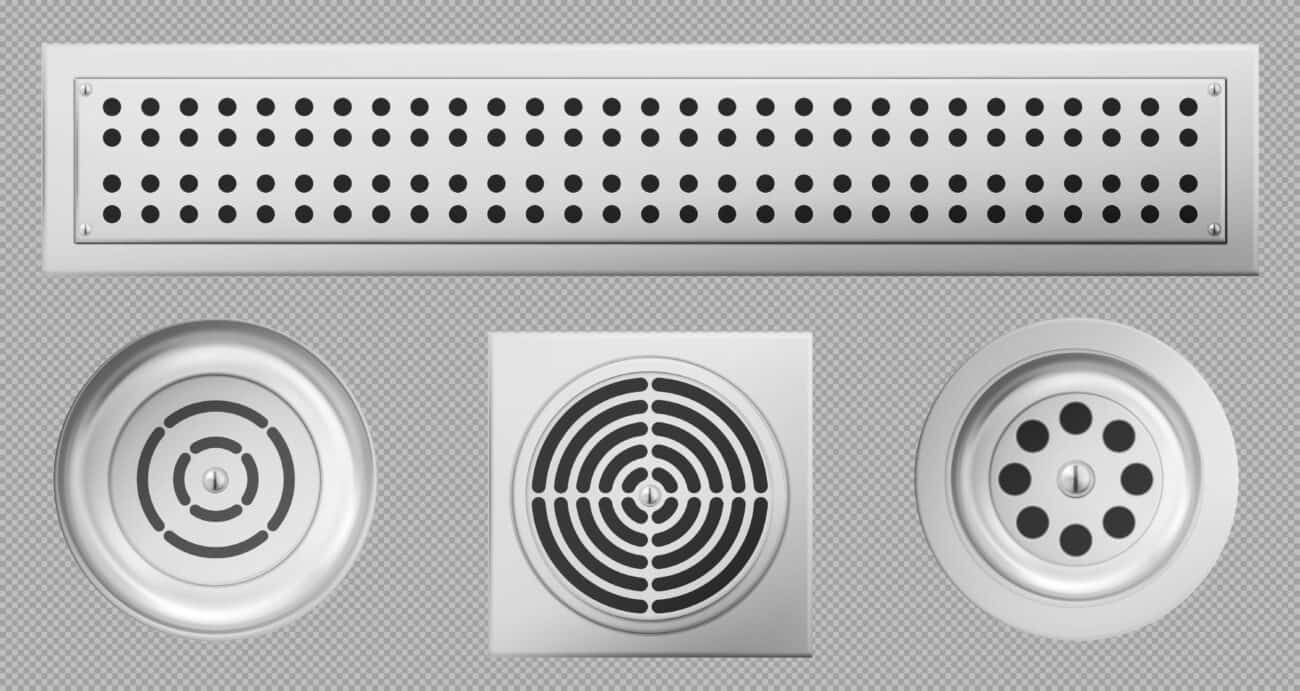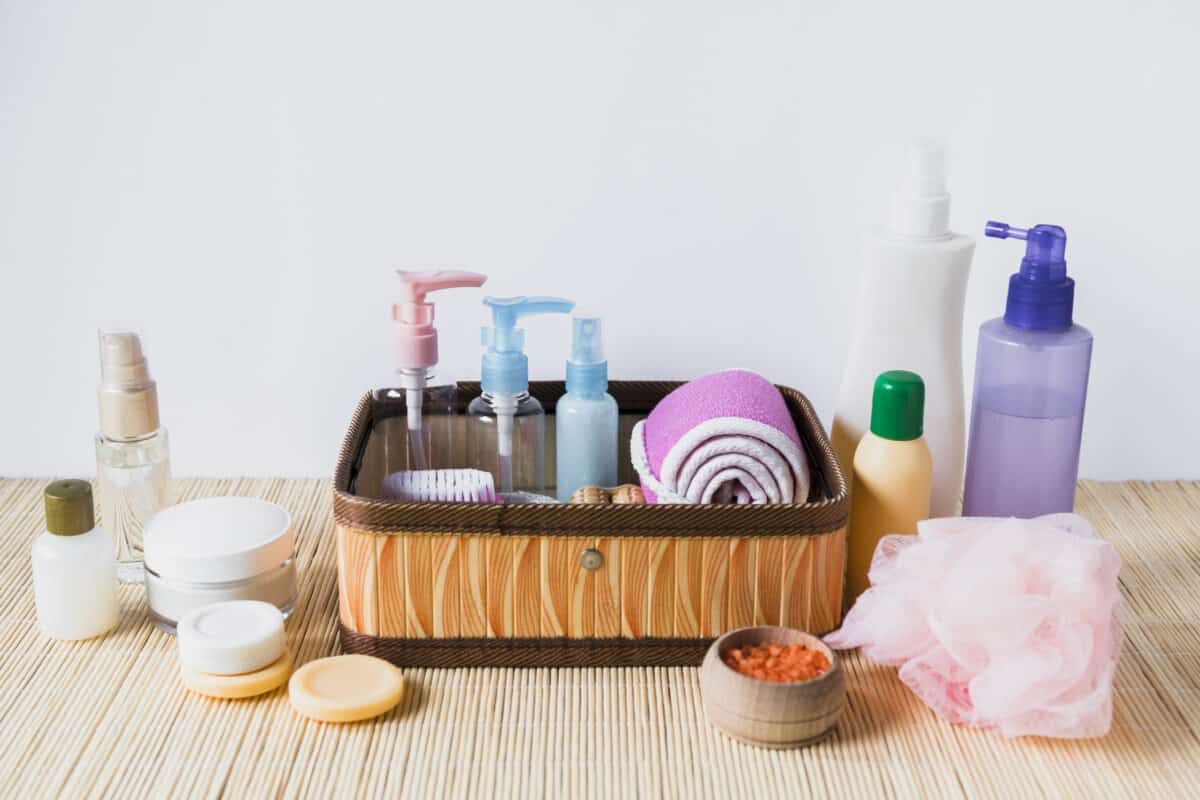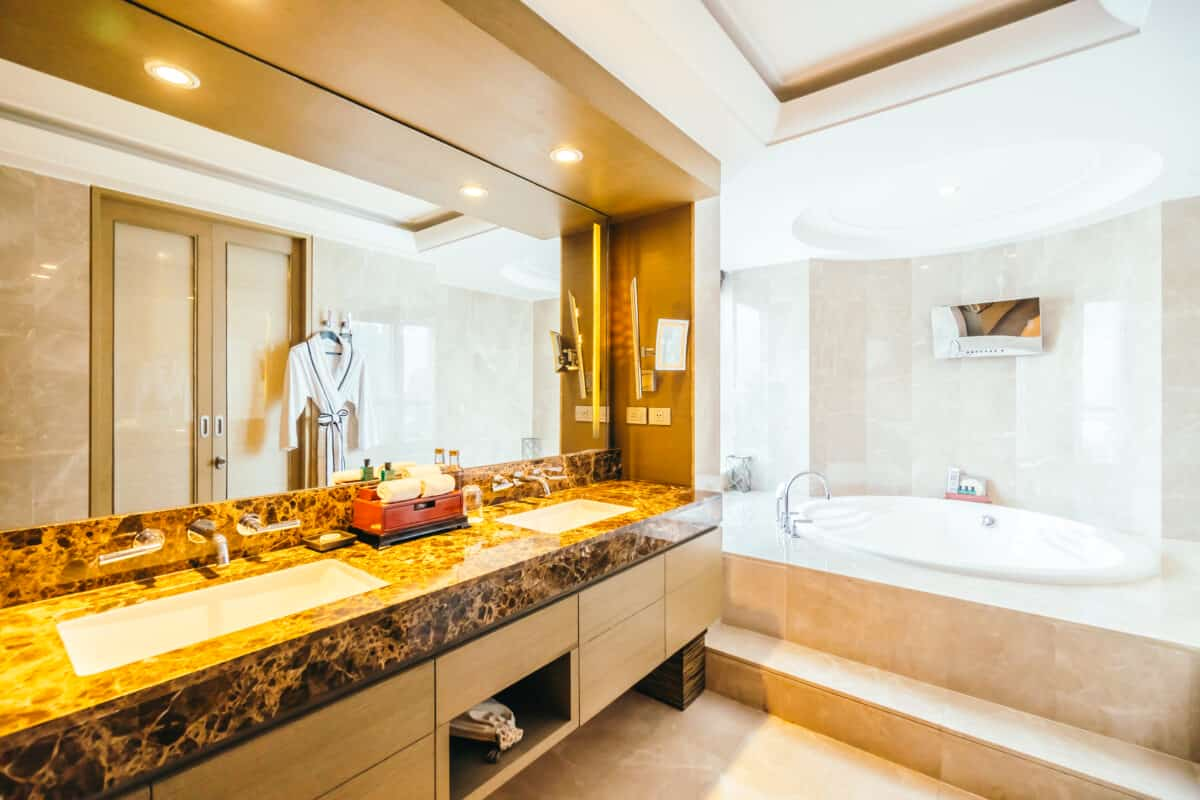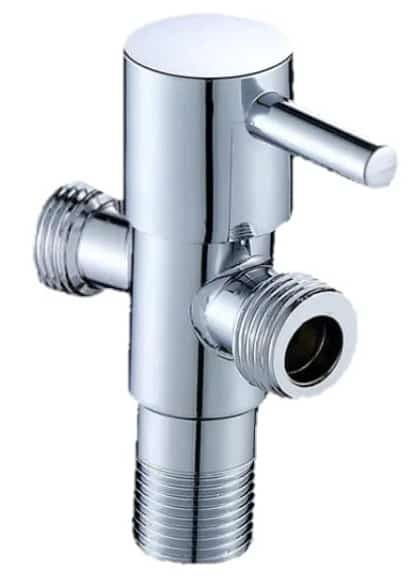Water pressure is a crucial factor in any plumbing system, especially in a bathroom. When you flush the toilet, turn on the shower, or wash your hands, your faucets and accessories must respond correctly. Among these accessories, angle valves play a crucial yet often overlooked role. In this article, we’ll explore what water pressure is, how it affects the performance of angle valves, and how choosing the right brass angle valve and type can make a difference. We’ll also consider how this relates to finding quality bathroom accessories in Mumbai or anywhere else.
What is Water Pressure?
Water pressure refers to the force with which water moves through your plumbing system. It’s typically measured in PSI (pounds per square inch) or in meters of water column (for many systems outside the U.S.). If the pressure is too low, the water flow may be weak; if too high, fixtures can become damaged or leak.
Why Angle Valves are Important
An angle valve is a small shut-off valve typically installed near bathroom fixtures, such as washbasins, toilets, or faucets. It allows you to stop water flow to the fixture without shutting off the main supply, which is useful for repairs or replacements. Because it’s close to the point of use, it directly affects how water behaves when you turn on a tap.
How Water Pressure Affects Angle Valve Performance
Here are the ways water pressure interacts with angle valves:
- Seal Integrity & Leakage
If the pressure exceeds the angle valve’s rated capacity, the internal seals (gaskets, O-rings) may fail, resulting in leakage.
- Flow Rate & Delay
Low pressure can cause weak flow even if the valve is fully opened; conversely, very high pressure might cause “hammering” or noise, especially if the valve opens/closes quickly.
- Wear & Tear
High pressure stresses components, such as threads, joints, and material surfaces, more, increasing wear. For instance, a good brass angle valve tends to resist corrosion and retain strength better than cheaper metals, which can help under variable pressure.
- Compatibility with Fixtures
Some fixtures require a minimum flow or pressure to function properly (e.g., rain showers, hand showers). The angle valve must support that. Choosing among angle valve types, for example, standard 90° angle valves, angle stop valves with compression fittings, or quarter-turn models, affects how well the installation handles pressure changes.
Choosing the Right Angle Valve Type
Here are things to consider when selecting angle valve types:
- Material: Brass is preferred because it handles pressure better, resists corrosion, and has better longevity. So a brass angle valve is often worth the extra cost compared to cheaper alloys or plastics.
- Size & Connection Type: Ensure the valve’s inlet/outlet sizes match your plumbing. Compression fittings and threaded ones behave differently under pressure.
- Valve Mechanism: A quarter-turn lever is simpler and tends to open/close quicker; multi-turn valves can allow finer control, but might be slower and more prone to leaks if worn.
- Pressure Rating: Check manufacturer specifications. Many quality angle valves are rated for typical household pressures (e.g., 2-5 bar), but if your building has higher pressure, consider selecting one that is rated accordingly.
Why This Matters in Cities Like Mumbai
When shopping for bathroom accessories, consider the city’s water supply conditions. Pressure can vary significantly in different neighbourhoods or between different floors of high-rise buildings. Buying a solid, well-made brass angle valve means fewer problems later: a lower chance of leaks and fewer maintenance headaches.
Also, local vendors or online stores that sell bathroom accessories in Mumbai may stock several angle valve types. When comparing options, look for those that specify the pressure rating, use corrosion-resistant materials, and have good reviews or warranties.
Tips to Ensure Best Performance
- Before purchasing, test or ask: What pressure will this angle valve support?
- Ensure proper installation by avoiding over-tightening and using the correct washers/seals.
- Regular maintenance includes occasional cleaning, checking for leaks, and replacing washers as needed.
Conclusion
Water pressure plays a crucial role in determining the performance of your angle valves. Choosing the right brass angle valve, selecting the appropriate angle valve type, and matching it to your local conditions such as those in Mumbai will ensure durability, efficiency, and fewer plumbing issues. If you’re selecting bathroom accessories in Mumbai, make water pressure one of your top considerations.

